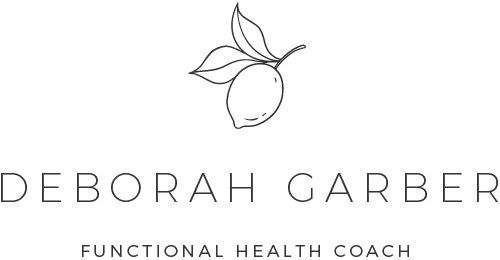How Our Beliefs Shape Our Behaviour
Recently I was listening to Ari Whitten’s Energy Blueprint podcast in which he was interviewing Dr James Chestnut. Dr Chestnut is a Doctor of Chiropractic and a pioneer in the field of lifestyle medicine.
I was fascinated by what Dr. Chestnut says regarding health span vs lifespan. My father is 93 years old, but the last few years of his life have seen a marked deterioration in his health to the point that he is virtually bed ridden. A long life, as we know, is no guarantee of long health. And in fact, despite the ability of western medicine to prolong life, it most definitely does not prolong health and vitality. There are few people in their 60s and 70s these days who have not been convinced that they need one medication or another to be able to function.
It will come as no surprise that a good health span depends on our developing healthy habits throughout our lives. When it comes to changing our habits, an area of focus for coaches in general and health coaches in particular, we come up against the conflict between knowledge and beliefs. Dr. Chestnut uses the example of the doughnut and the apple. People know the doughnut is unhealthy and the apple is good for most of us, but in their subconscious belief systems, they believe it’s better to have the doughnut, often for reasons of pleasure, reward and early life conditioning.
Learning what food promotes health, the importance of daily exercise, sleep hygiene, and stress relief practices is the easy part of the equation, that’s knowing what to do.
The difficult part of the battle is getting yourself to do what is beneficial and stop doing what is harmful to you. That is because much of our behaviour is anchored in our subconscious mind (Dr Bruce Lipton is pure magic on this topic), which is our autopilot. The key to all change is getting people to learn how to reprogram their own beliefs, so that they anchor pleasure to healthy habits and pain to unhealthy habits.
Why do people fail to maintain the positive change they make, why do they stop exercising, go back to eating junk food, binge on tv programs, etc.? Because behaviour modification means that you are doing something you don’t really believe in. If you have ever said, I am going to cut out processed carbs until I reach my goal weight and when I reach it, I am going out to celebrate at my favourite pizzeria, you know that all you have done is modify your behaviour, but you have not changed your core beliefs. Your beliefs are so powerful and magnetic that they will always suck your behaviour back in line with them. Relying on willpower will only work for so long. When you realise that you need to change your belief system to enjoy vegetables, fruit, healthy oils and proteins, you will look forward to eating delicious home cooked meals. When you believe that sleep is not a waste of your precious time but a key to peace of mind, a healthy weight, a well functioning brain and overall vitality, you will turn the lights and electronic devices off earlier.
Dr. Chestnut explains that you are really changing the synapses in your brain. If you think you can never be that person who loves healthy food or loves exercising daily, you are right – you cannot be that person with your current synapses. If you can learn how to change your synapses, you will be able to “float downstream towards health instead of fighting up against it”. He calls it belief systems and topography because our beliefs are the map of our world and they are our GPS guide for just about all of our decisions. Once people change their beliefs, they gain self-control. Once you change those synapses, you can be in control of food rather than food being in control of you. If you believe high sugar, high carb food is toxic, you will be able to walk past it with equanimity.
www.eatwellmovewellthinkwell.com

